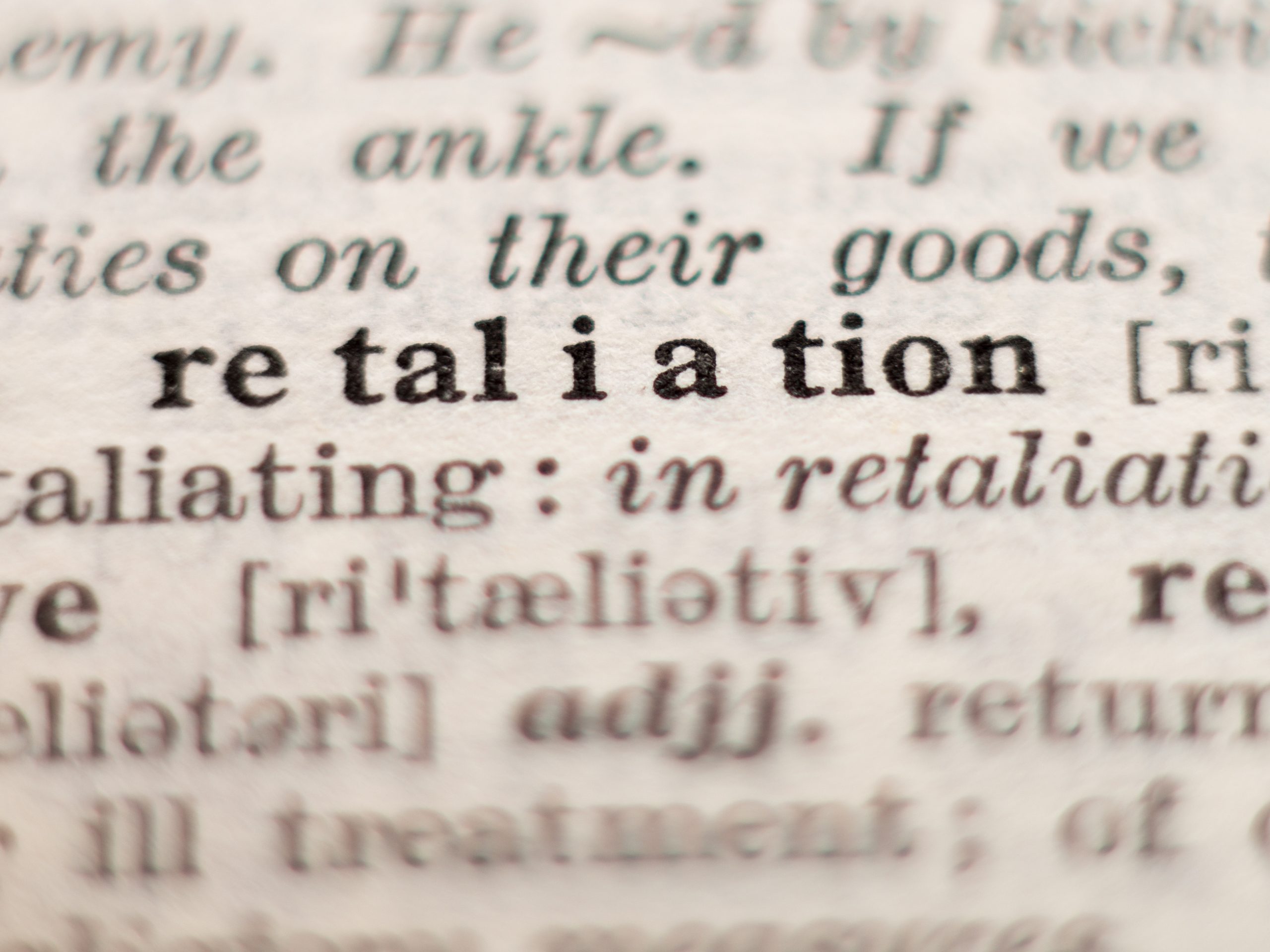
-
Posted By Sirmabekian
-
2022
-
0 Comments
Though most employees know that they are protected under the law for discrimination and harassment, they may be less aware that the law also protects against workplace retaliation. This means that employers are not allowed to punish employees who file complaints of discrimination or harassment against them. By knowing your rights and working with a reputable discrimination lawyer, you stand a good chance at winning your case. Keep reading to find out more!
What Counts as Workplace Retaliation?
Workplace retaliation occurs when an employer punishes employees who engage in legally protected activities, such that their adverse actions would deter a reasonable individual in a given situation from making a complaint. Retaliation can occur in many forms, and here are just a few:
- Demoting employees
- Firing employees
- Reducing employees’ salaries
- Reassigning employees’ jobs or shifts to other people
While the above examples are clear signs of retaliation, you may experience more subtle forms of retaliation in the workplace, like a sudden negative performance review. In that case, whether your employer’s actions count as retaliation will depend on the circumstances of that situation. For instance, reassigning an employee’s job might be alright for most individuals, but it would be an incredibly harmful action if that employee were the sole breadwinner and caretaker in their household.
How does the Law Protect Me?
Under or the Division of Labor Standards Enforcement (DLSE), you are protected from retaliation if you complain about workplace discrimination or harassment, as long the complaint – even if it’s unfounded after all – was made in good faith. This applies no matter whether you lodge that complaint internally within your company or externally to parties like the California Department of Fair Employment and Housing (DFEH). The law also protects you if you cooperate or act as a witness in DFEH investigations or litigation.
Not only are there various other federal laws protecting you and your safety rights, but there are also some state laws that stop employers from retaliating against employees for other reasons. When in doubt, be sure to consult a trusted lawyer for more!
What Should I Do if I Face Workplace Retaliation?
First, talk to your manager or human resources representative about the negative acts you’ve experienced. By asking specific questions regarding those incidents, you may be able to learn the reasons why they occurred. If your company cannot give a reasonable explanation, you can share with them your concerns regarding workplace retaliation and politely ask that their actions cease.
Should your company be unable or unwilling to rectify the issue, contact the DFEH and other state employment bodies. To strengthen your case, compile as much evidence as possible of the retaliation and any events leading up to it. For example, if your boss suddenly gives you a negative performance review after you make a complaint, keep copies of documents showing stellar reviews before the complaint. The more evidence you compile, the clearer the link between your complaint and your employer’s retaliation.
Last but not least, be sure to contact a reliable retaliation attorney – like ours here at Sirmabekian Law Firm – to assist you in making your case as strong as it can be. Your attorney will skillfully guide you through every step of the process and advise you on how much compensation you can recover, the appropriate state and federal laws, and more.
 English
English Spanish
Spanish